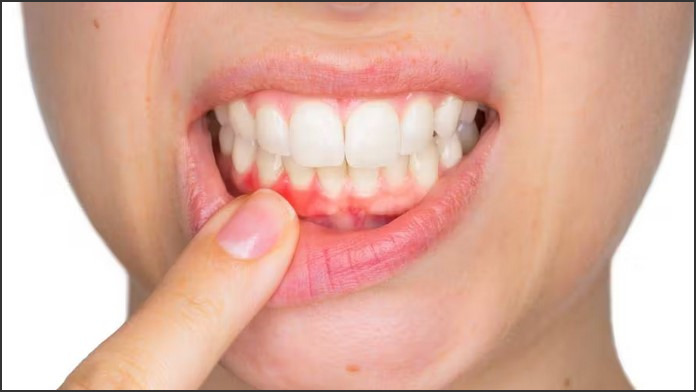Gum Infection: How to Treat and Prevent Oral Infections

Gum infection, also known as periodontal disease, is a common oral health issue that can lead to serious complications if left untreated. It is primarily caused by bacteria buildup in the mouth, leading to inflammation, bleeding, and discomfort. This article will provide comprehensive information on how to treat and prevent gum infections. It will cover various treatment options, from home remedies to professional dental procedures, and offer practical tips on how to maintain good oral hygiene to prevent the onset of gum infections.
Understanding Gum Infection: How to Treat and Prevent It Effectively
Gum infection, also known as periodontal disease, is a common oral health issue that affects many individuals worldwide. It is primarily caused by the buildup of bacteria in the mouth, which leads to inflammation and infection of the gums. If left untreated, gum infection can lead to serious complications, including tooth loss and increased risk of heart disease. Therefore, understanding how to treat and prevent gum infection effectively is crucial for maintaining optimal oral health.
Gum infection typically begins as gingivitis, the earliest stage of periodontal disease. This condition is characterized by red, swollen gums that bleed easily, especially during brushing or flossing. At this stage, the infection can be reversed with proper oral hygiene practices and professional dental cleanings. However, if gingivitis is not addressed promptly, it can progress to periodontitis, a more severe form of gum disease. Periodontitis can cause the gums to pull away from the teeth, forming pockets that become infected. Over time, these pockets deepen, leading to damage to the bone and tissues that support the teeth.
Treatment for gum infection varies depending on the severity of the condition. For mild cases of gingivitis, improving oral hygiene habits may be sufficient. This includes brushing at least twice a day, flossing daily, and using an antimicrobial mouthwash. Regular dental check-ups are also essential, as professional cleanings can remove plaque and tartar that regular brushing and flossing cannot.
In more severe cases of periodontitis, additional treatments may be necessary. These can include deep cleaning procedures such as scaling and root planing, where the dentist removes plaque and tartar from below the gum line and smooths the roots of the teeth to help the gums reattach. In some cases, surgical treatments may be required, such as flap surgery to lift back the gums and remove tartar, or bone and tissue grafts to replace or encourage new growth of damaged areas.
Prevention, however, is always better than cure. The most effective way to prevent gum infection is through good oral hygiene practices. Brushing and flossing regularly can significantly reduce the buildup of plaque, the primary cause of gum disease. Additionally, a balanced diet rich in vitamins and minerals can boost the immune system and help the body fight off infections. Avoiding tobacco products, which can increase the risk of gum disease, is also highly recommended.
Regular dental check-ups are another crucial aspect of prevention. Dentists can detect early signs of gum disease that may not be noticeable to the untrained eye. They can also provide professional cleanings and advice on how to improve oral hygiene habits.
In conclusion, gum infection is a serious oral health issue that requires prompt attention. With proper treatment and a commitment to good oral hygiene practices, it is possible to reverse the condition and prevent further complications. Regular dental check-ups, a balanced diet, and avoidance of tobacco products are also key to maintaining healthy gums and preventing gum disease. By understanding the causes, treatments, and prevention strategies for gum infection, individuals can take proactive steps towards achieving and maintaining optimal oral health.In conclusion, gum infection, also known as periodontal disease, can be treated and prevented through various methods. Treatment often involves professional dental cleaning, scaling and root planing, and in severe cases, surgical treatments. Antibiotics may also be prescribed to control bacterial infection. Prevention is primarily centered on maintaining good oral hygiene, which includes regular brushing, flossing, and dental check-ups. Lifestyle modifications such as quitting smoking and maintaining a healthy diet can also help prevent gum infections.